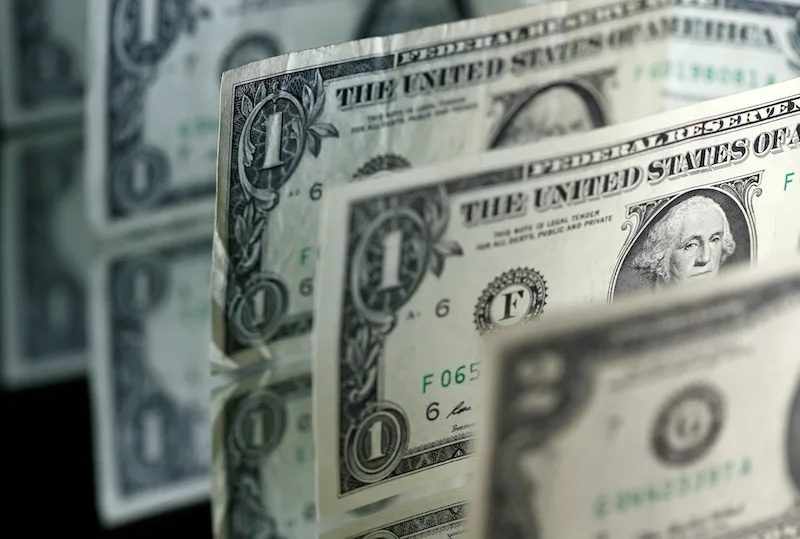Bitcoin: A Solution to Excess Wealth?
- Date: 26-Jun-2021
- Source: CNBC
- Sector:Financial Markets
- Country:Middle East
Bitcoin: A Solution to Excess Wealth?
Canada is planting 30 million trees this season. The purpose is to build a powerful carbon sink.
Carbon is not the only thing that modernity produces in excess. There is a surfeit of capital. Absorbing it has become a major challenge and threatens financial stability. There are more than $13 trillion of negative-yielding bonds in the world. Despite claims of exorbitant privilege, the U.S. government pays about 1.5% interest to borrow for a decade, historically low and below the Federal Reserve's inflation target. Japan and Germany, the next largest market economies, can borrow at considerably lower rates. Germany charges investors nearly 20 basis points, or 0.2%, annually for the privilege of lending to it. It is not coincidental that cryptocurrencies were born in an age in which savings are abundant.
Capital is subject to the same law of supply and demand as other sectors of society. Capital is cheap because it is abundant. Large companies have more money than they know what to do with, so they return it to shareholders in stock buybacks and dividends. The drive to improve returns fuels mergers and acquisitions.
Equity valuations are stretched. House prices in many countries are rising quickly. Credit spreads, which measure how























